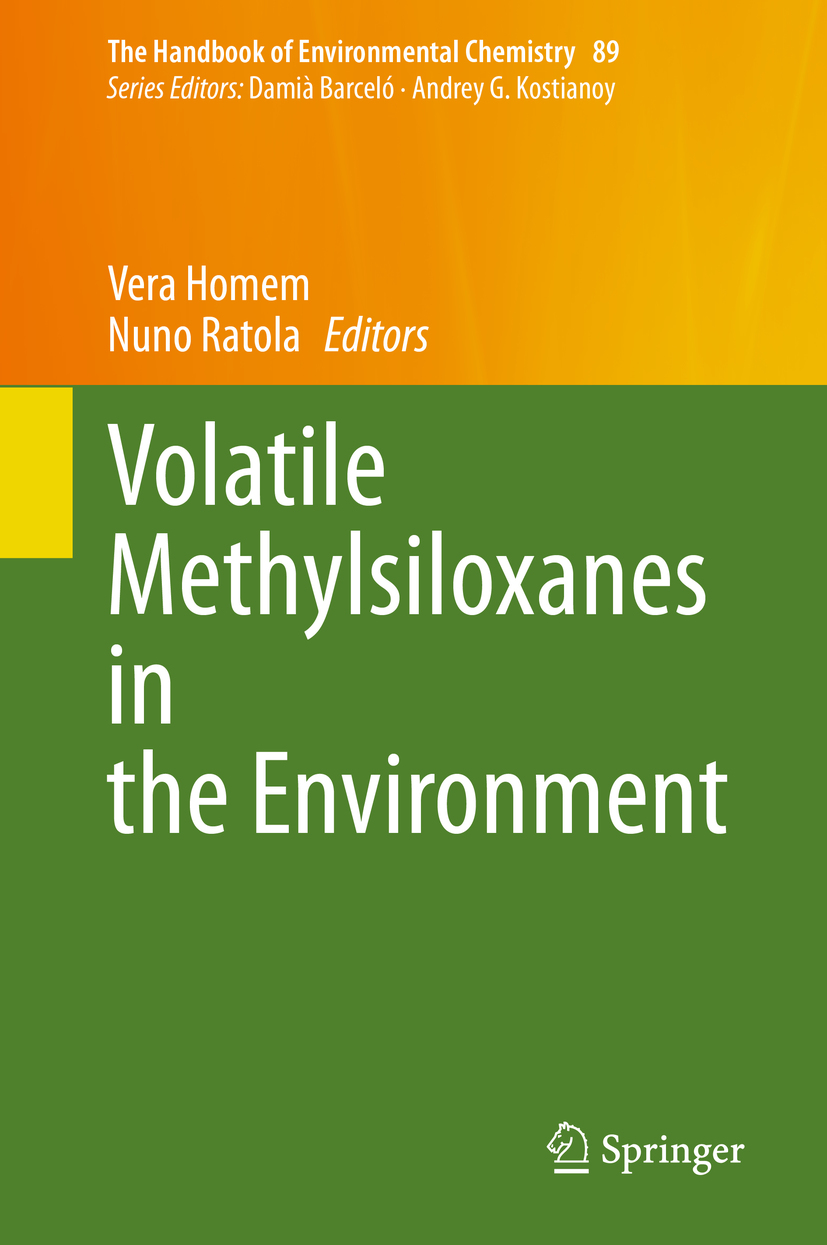Vera Homem
Vera Homem is an Assistant Researcher at the Laboratory for Process Engineering, Environment, Biotechnology and Energy (LEPABE), a research unit at the Faculty of Engineering at the University of Porto (FEUP, Portugal) and has been an Invited Assista
... Read more
Vera Homem is an Assistant Researcher at the Laboratory for Process Engineering, Environment, Biotechnology and Energy (LEPABE), a research unit at the Faculty of Engineering at the University of Porto (FEUP, Portugal) and has been an Invited Assistant Professor at FEUP since 2013. She graduated in Chemical Engineering (2007) and holds a PhD in Environmental Engineering (2011) from FEUP. Her research has mainly focused on environmental chemistry, namely the development of new analytical methodologies for the detection of emerging organic contaminants in trace levels in the environment, monitoring strategies, development of risk assessment studies (exposure assessment, effects assessment and risk characterization), prioritization systems, remediation technologies (advanced oxidation processes and sorption) and waste valorisation.
Nuno Ratola has been a Principal Researcher at the Laboratory for Process Engineering, Environment, Biotechnology and Energy (LEPABE), based at the Faculty of Engineering at the University of Porto (FEUP, Portugal) since 2019, and an Invited Assistant Professor at FEUP since 2015. He graduated in Chemical Engineering (1996), and completed his Master’s in Environmental Engineering (2002) and PhD in Chemical and Biological Engineering (2009) at FEUP. He has profited from numerous external residencies at various leading foreign research institutions, including a Marie Curie fellowship at the University of Murcia (Spain) from 2012 to 2014. His research interests include environmental chemistry and the behaviour of legacy and emerging organic contaminants, field sampling strategies, advanced analytical techniques, waste valorisation for energy production and safe recycling (circular economy), human exposure assessment and climate change scenarios.
Less



